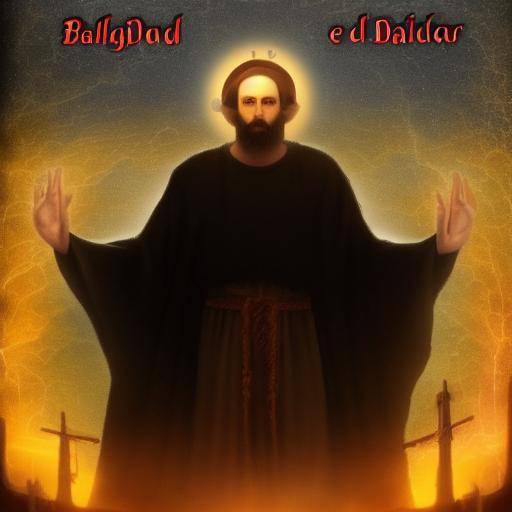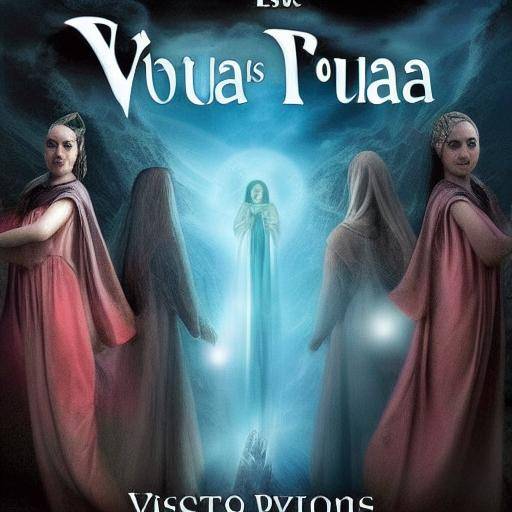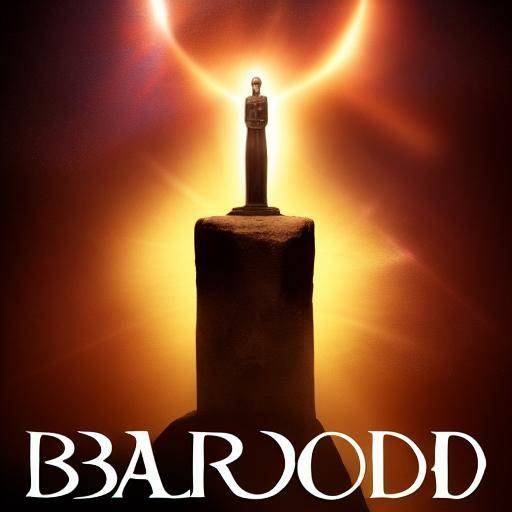
Introduction
Welcome to the fascinating world of Nordic mythology! In this article, we will explore the amazing history of Baldur, the god of light in the Nordic mythology, and its tragic destiny. We will discover the legends and myths surrounding this enigmatic character, as well as its impact on Nordic mythology and culture. Prepare to immerse yourself in an epic journey full of intrigue, drama and exciting revelations.
History and Background
Nordic mythology is rich in mythological characters, and Baldur occupies a prominent place among them. Originally from Asgard, the kingdom of the gods, Baldur was known for its impressive beauty and quality as the god of light, purity and innocence. However, its tragic destiny makes it an unforgettable character within this fascinating cosmogony.
It is believed that Baldur's myth dates back to the Viking era, where his story was transmitted orally before being recorded in the Eddas, the Icelandic sagas that preserve the Nordic traditions and beliefs. As we explored his story, we discovered the milestones that marked the life of this esteemed god, as well as the events that triggered his tragic destiny.
Analysis in Deep
Baldur's myth has not only endured over the centuries, but has also inspired numerous interpretations and adaptations within the artistic and cultural sphere. Its influence extends beyond Nordic mythology, resonating in literature, music and contemporary art.
The tragic fate of Baldur, prophesied by vicious visions, raises deep questions about destiny, clairvoyance and sacrifice. His death and resurrection are intertwined with universal themes of love, loss and redemption, giving him timeless relevance.
Exhaustive examination
Beyond its metaphorical resonances, Baldur's myth offers a revealing vision of the Nordic worldview. His interactions with other gods, such as his mother Frigg, his father Odin, and his evil brother Loki, reveal complex family dynamics and fundamental cosmic tensions.
His death, caused by Loki's betrayal, triggers a series of events that culminate in the Ragnarök, the Nordic apocalypse. This catastrophic outcome sheds light on the duality between light and darkness, good and evil, and the inevitable cycle of destruction and renewal.
Comparative analysis
By comparing Baldur's history with other accounts of Nordic mythology, such as the fate of the main gods and mythical creatures, we can appreciate its crucial role in the broader narrative structure. His tragedy embodies the fundamental themes that permeated the Nordic cosmovision, affirming its place in the mythological pantheon.
Practical Tips and Accessible Tips
For those who wish to explore the history of Baldur more deeply and its tragic destiny, the additional reading of the Nordic Eddas and sagas is recommended. These primary sources provide a deeper understanding of myths and culture that shaped the legendary figure of Baldur.
Conclusions and FAQs
In conclusion, Baldur's myth epitomizes the distinctive character of Nordic mythology, and its tragic destiny resonates through ages, revealing eternal truths about human nature and the cosmos. Continue exploring this rich mythological universe to unravel more secrets and enjoy these fascinating narratives.


